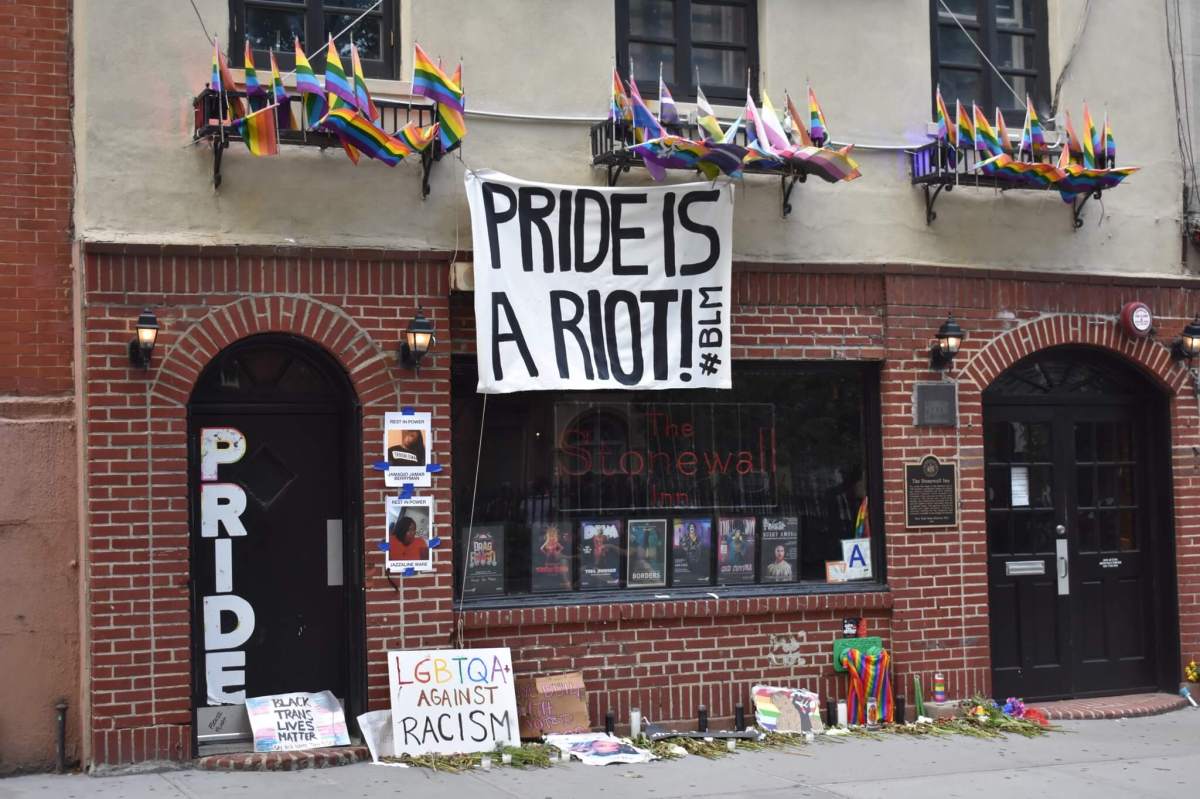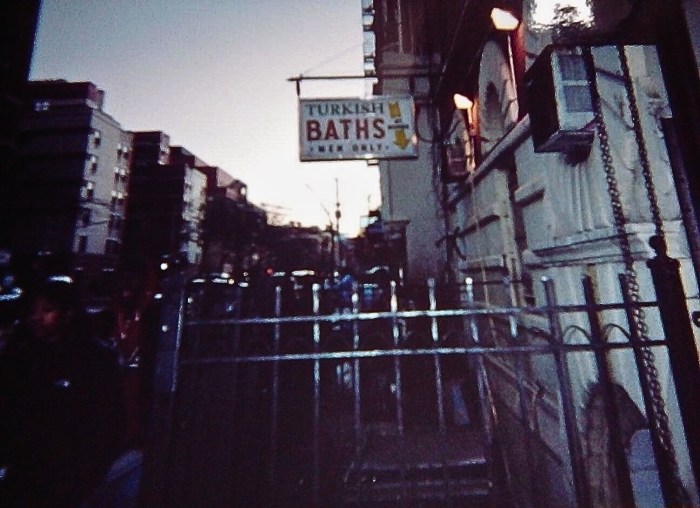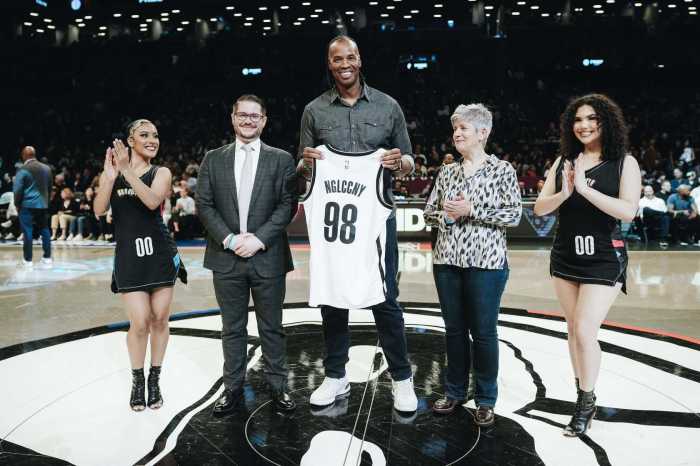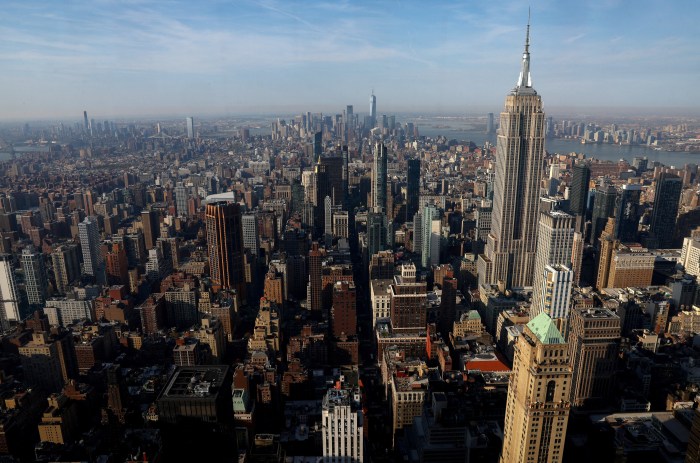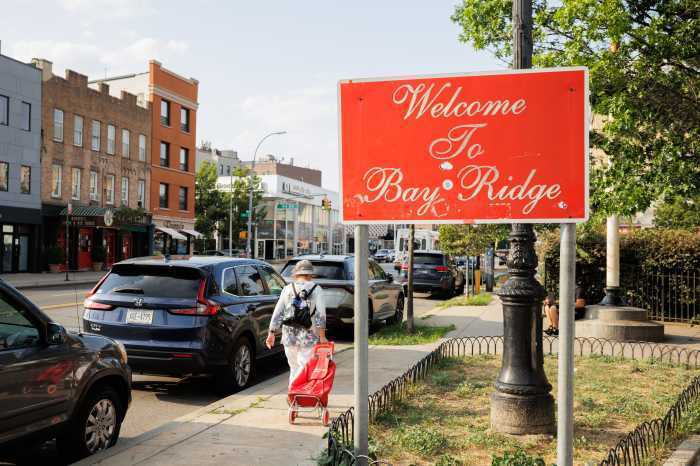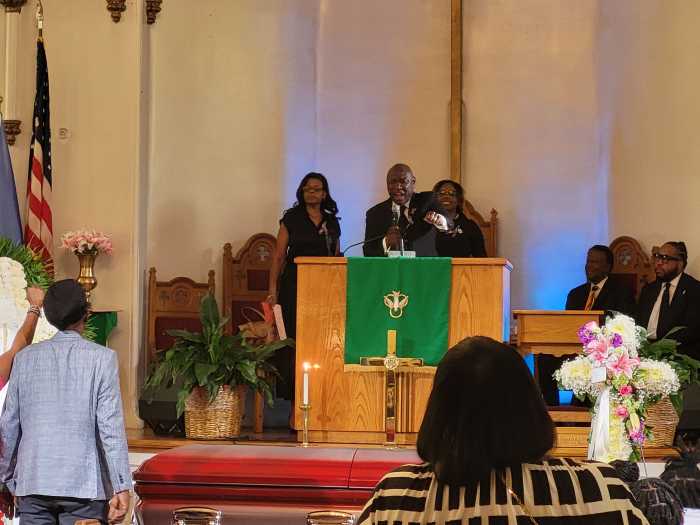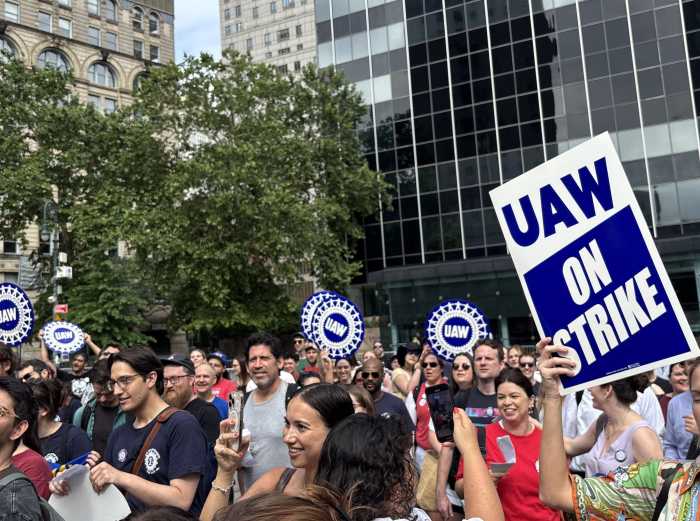With Pride and the anniversary of the Stonewall riots this month, here is a look at a handful of features and documentaries that chronicled Stonewall over the years.
“Before Stonewall” (1984)
The documentary “Before Stonewall” chronicles “the making of the gay and lesbian community.” (LGBTQ was not used at the time). The film, directed by Greta Schiller, co-directed by Robert Rosenberg, and executive produced by John Scagliotti, traces LGBT visibility and pride as well as homophobia in America up to the landmark riots. Through film clips, photographs, and interviews with prominent members of the queer community — Harry Hay, Barbara Gittings, Allen Ginsburg, among others — as well as ordinary gay and lesbian folks, “Before Stonewall” shows how the queer community evolved, sometimes in secret. The filmmakers play up and break down stereotypes, describe activist efforts and same-sex affections and attractions, and they describe illegal behavior, queer rebellion, and the way social attitudes in each decade changed — or how they need(ed) to change. The result is an empowering history lesson.
“After Stonewall” (1999)
Narrated by Melissa Etheridge and featuring archival clips and interviews with members of the queer community, including Larry Kramer, Jewelle Gomez, Rita Mae Brown, and many others, director John Scagliotti’s galvanizing documentary shows how visibility and activism in the decades since Stonewall have helped create a strong, powerful voice as out and proud individuals formed social, political, religious, and activist groups to express themselves. The film charts the advancements and setbacks the LGBTQ community had in the three decades after its moment of liberation. For every openly gay politician, like Harvey Milk, (or Barney Frank, or Sheila James Kuehl), there was backlash from the growing religious right. As the Gay Games promoted queer athleticism, or celebrities came out publicly, there was still homophobic violence, such as the murder of Matthew Shepard. And as the AIDS crisis devastated the gay community, organizations such as ACT UP formed in response to the lack of action by doctors and politicians. “After Stonewall” may be a time capsule, but it emphasizes how the actions at a gay bar in New York City in 1969 were just the beginning of the fight for equality, which continues to this day.
“Stonewall Uprising” (2010)
“Stonewall Uprising” is a useful if superficial addition to the numerous histories of the 1969 Stonewall riots. The film, which is incredibly well edited by co-director Kate Davis, effectively uses the few extant photographs from the event along with recreations and images — such as newsreels and clippings — from the era. Interviews with participants in the riots and other talking heads flesh out the portrait. It’s all done in a traditional documentary film approach, neither fancy nor stodgy.
The film is loosely based on David Carter’s excellent book “Stonewall,” and the book’s trajectory — setting the stage, describing the riots, and discussing the aftermath — provides the documentary’s narrative arc. But the background details about life being restrictive and difficult for lesbians and gay men in the 1960s is beaten to death; too little is told about the efforts of queer activists to combat it and police harassment.
The second half of the film chronicles the riots themselves, and the sense of rebellion and how the violence felt justified after so much anger and repression. This is the film’s greatest strength. When an interviewee sheds a tear recounting his experiences at the riots, it is quite moving. “Stonewall Uprising” may not be the definitive portrait of the riots, but it tells an important story — one that needs to be told and retold.
“Stonewall” (1995)
“Stonewall” is a fictionalization, based on the book by Martin Duberman. This well-intentioned drama, directed by the late Nigel Finch and written by Rikki Beadle Blair, presents “My Stonewall Legend,” as recounted by the drag queen La Miranda (out gay cisgendered Guillermo Diaz). She meets Matty Dean (Frederick Weller), a fresh-off-the-bus gay man who follows him into the titular bar, only to have it raided. Bonding in jail, La Miranda and Matty soon become romantically involved, and support each other — especially when La Miranda, aka Hector, gets served with an induction notice. If the film can be a little didactic at times with talk about “liberation, acceptance, and integration,” its characters do find appropriate ways to fight back. “Stonewall” contrasts the activism by Burt (Peter Ratray) and Ethan (Brendan Corbalis) who march in suits in Philadelphia and fight for gay rights with the efforts of the drag artists like La Miranda and Bostonia’s (Duane Bouette) who are subversive in their own bids for equality.
The film makes its points about how living openly is a political act. Bostonia’s secret relationship with Vinnie (Bruce MacVittie) confronts propriety when he takes her out to a fancy meal, and Ethan and Matty’s trip to Fire Island has them obeying rules as they try to enjoy some freedoms. These scenes illustrate themes of identity and codeswitching as the characters fight for visibility and self-respect.
The history here serves as more of a backdrop than reality — the myth of Judy Garland’s death sparking revolution is overplayed (and not necessarily true) — but then again, La Miranda does admit she does not deal in reality. That makes the noble “Stonewall” kind of a missed opportunity. The landmark raid in the end is short and underwhelming — perhaps because it could not do justice to what happened. Punctuated by girl group pop songs performed by La Miranda and her friends, “Stonewall” works best as a film that captures some of the history, and some of the emotions in an entertaining enough package that doesn’t always ring true.
“Stonewall,” (2015)
In contrast, Roland Emmerich’s “Stonewall,” is downright cringe inducing. Written by gay playwright Jon Robin Baitz, it opens with scenes of the riot, in which members of the LGBTQ community rise up in protest against the police harassment.
The film then flashes back in time to tell a fictional narrative involving Danny (Jeremy Irvine), a handsome blond, gay boy from Indiana, arriving in New York with hopes of attending Columbia. Newly homeless, Danny meets Ray (Jonny Beauchamp), a feisty Puerto Rican sex worker. Later, at the Stonewall Inn, Danny meets and falls for Trevor (Jonathan Rhys Meyers), a writer involved with the Mattachine Society.
Danny also meets Ray’s friends, which include Cong (Vladimir Alexis), Orphan Annie (Caleb Landry Jones), Quiet Paul (Ben Sullivan), and Marsha P. Johnson (Otoja Abit). But these supporting characters barely register. They play into cookie-cutter stereotypes, debating Judy Garland vs. Barbara Streisand, rather than becoming real characters. Moreover, Cong provides much of the film’s didactic moralizing as when the film explains that these characters have “nothing to lose” — which is why they riot. But the film shamefully whitewashes history, which is criminal. When Danny shouts, “I feel like I want to break something!” it is risible, not inspiring.
The film does incorporate some facts, such as how lesbian and trans patrons of the Stonewall Inn were arrested for wearing three articles of gender-inappropriate clothing. But too much of the film lacks authenticity, or even creativity. This “Stonewall” is lackluster.

